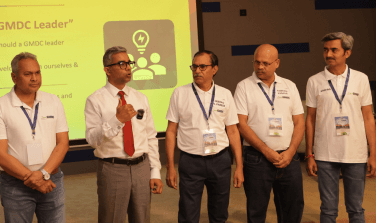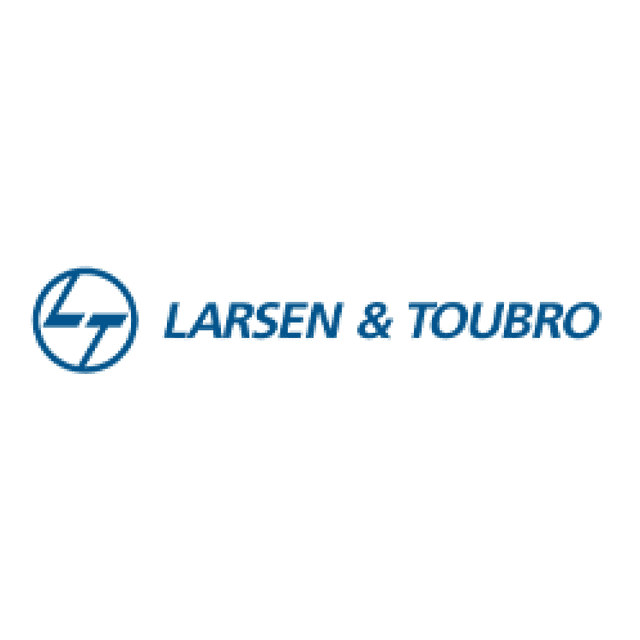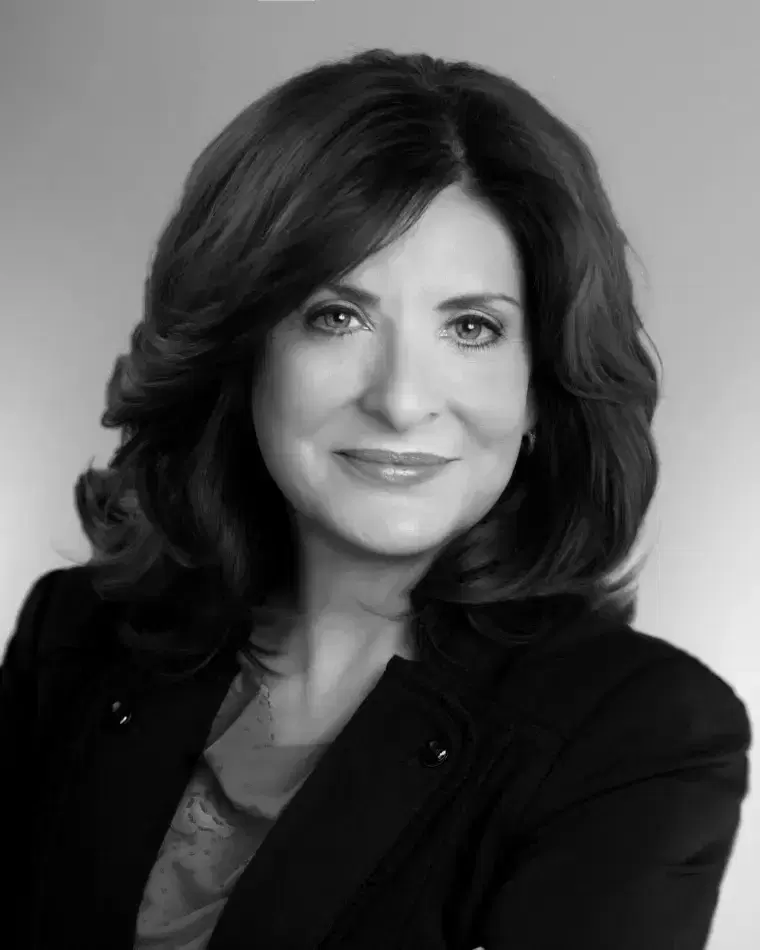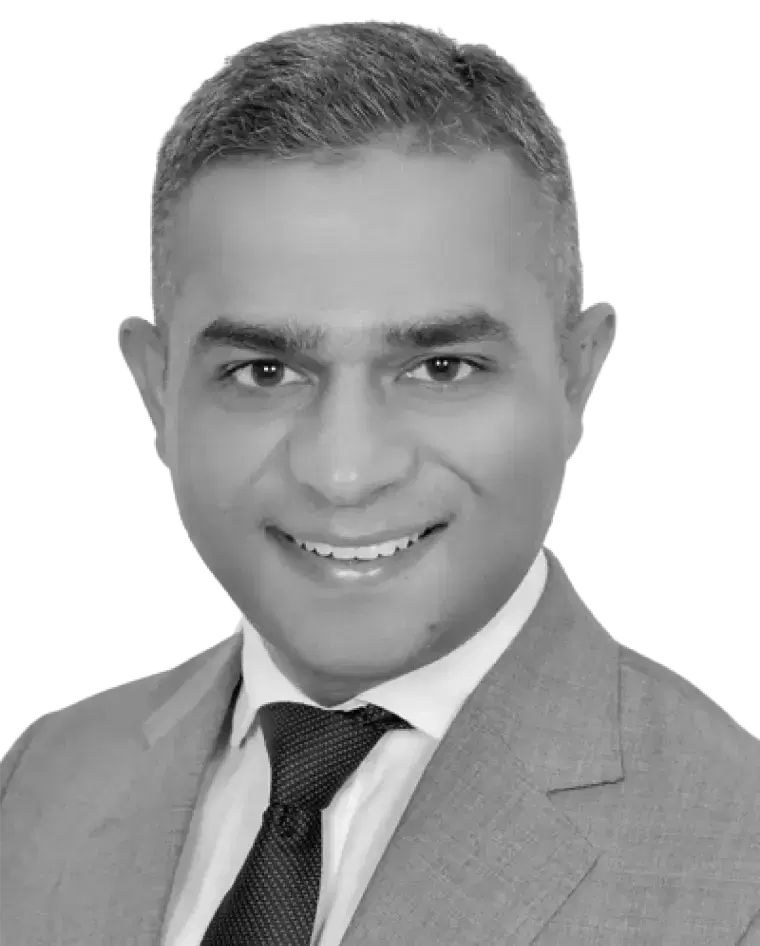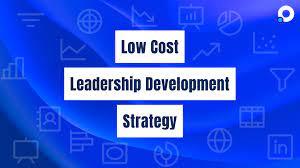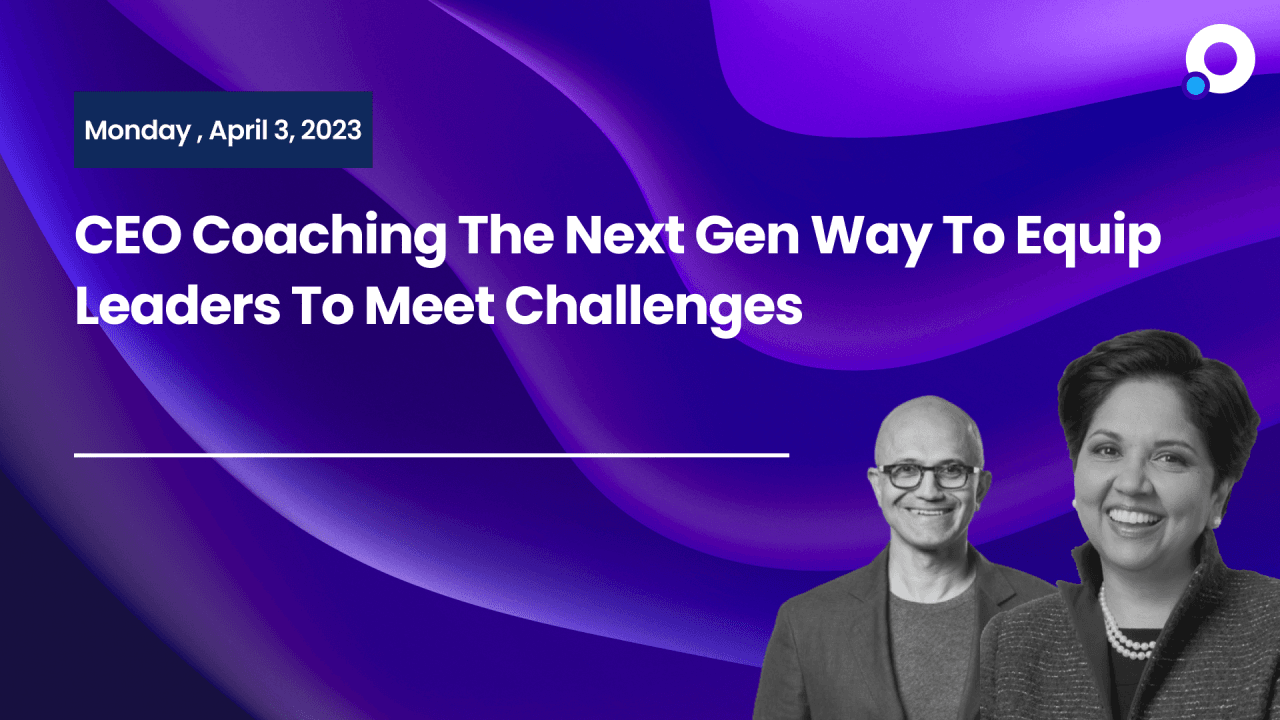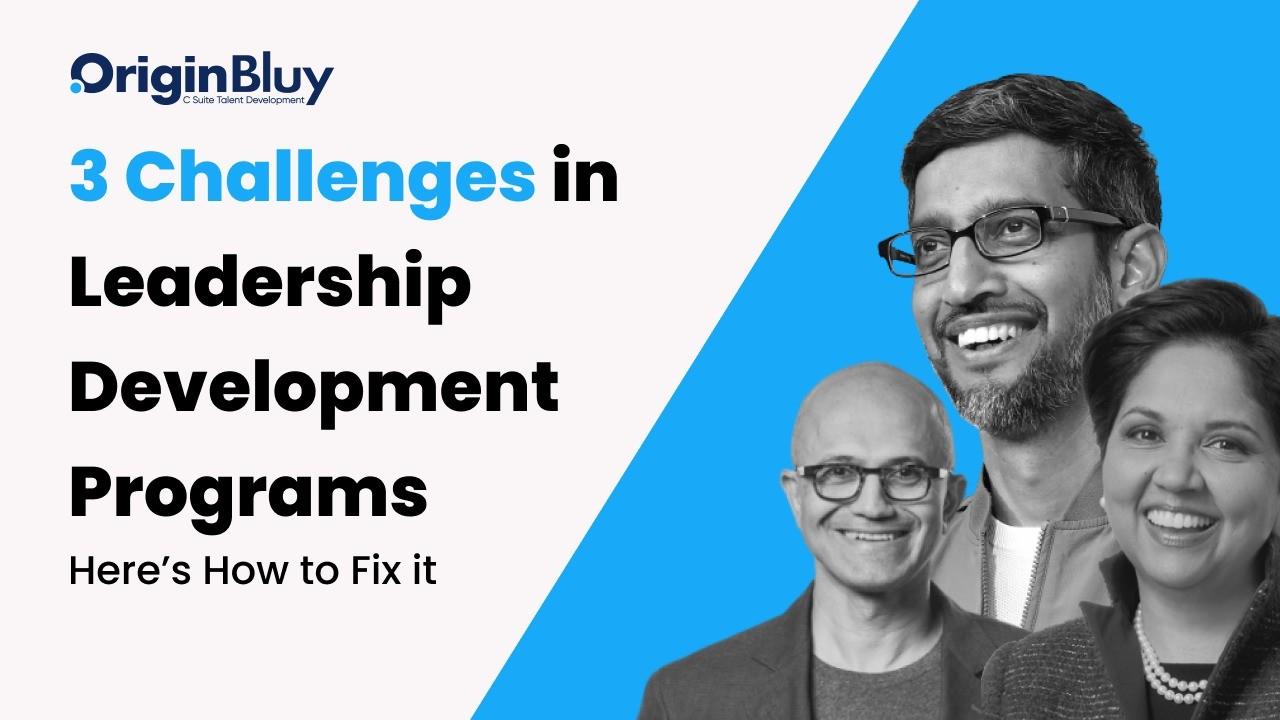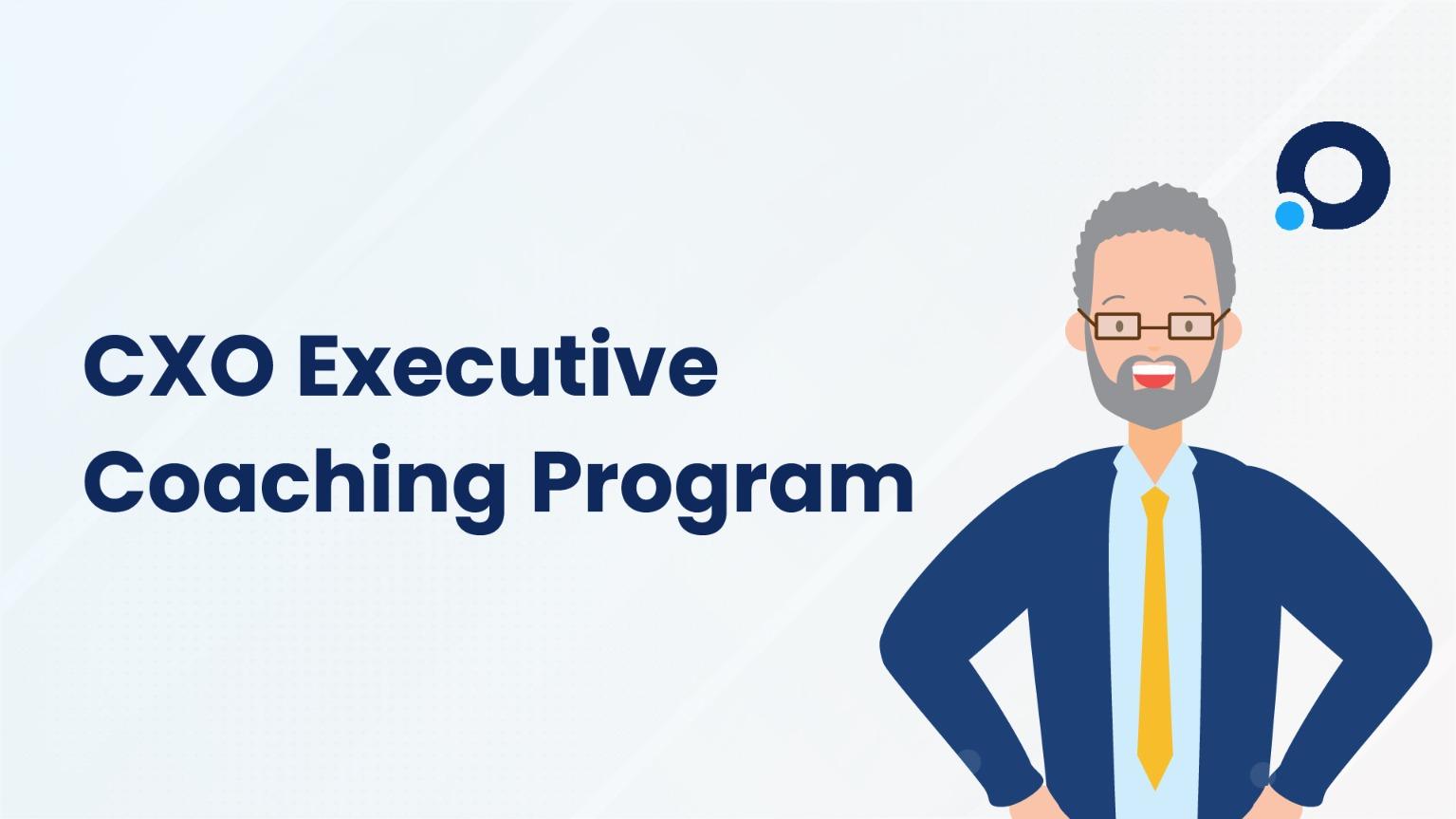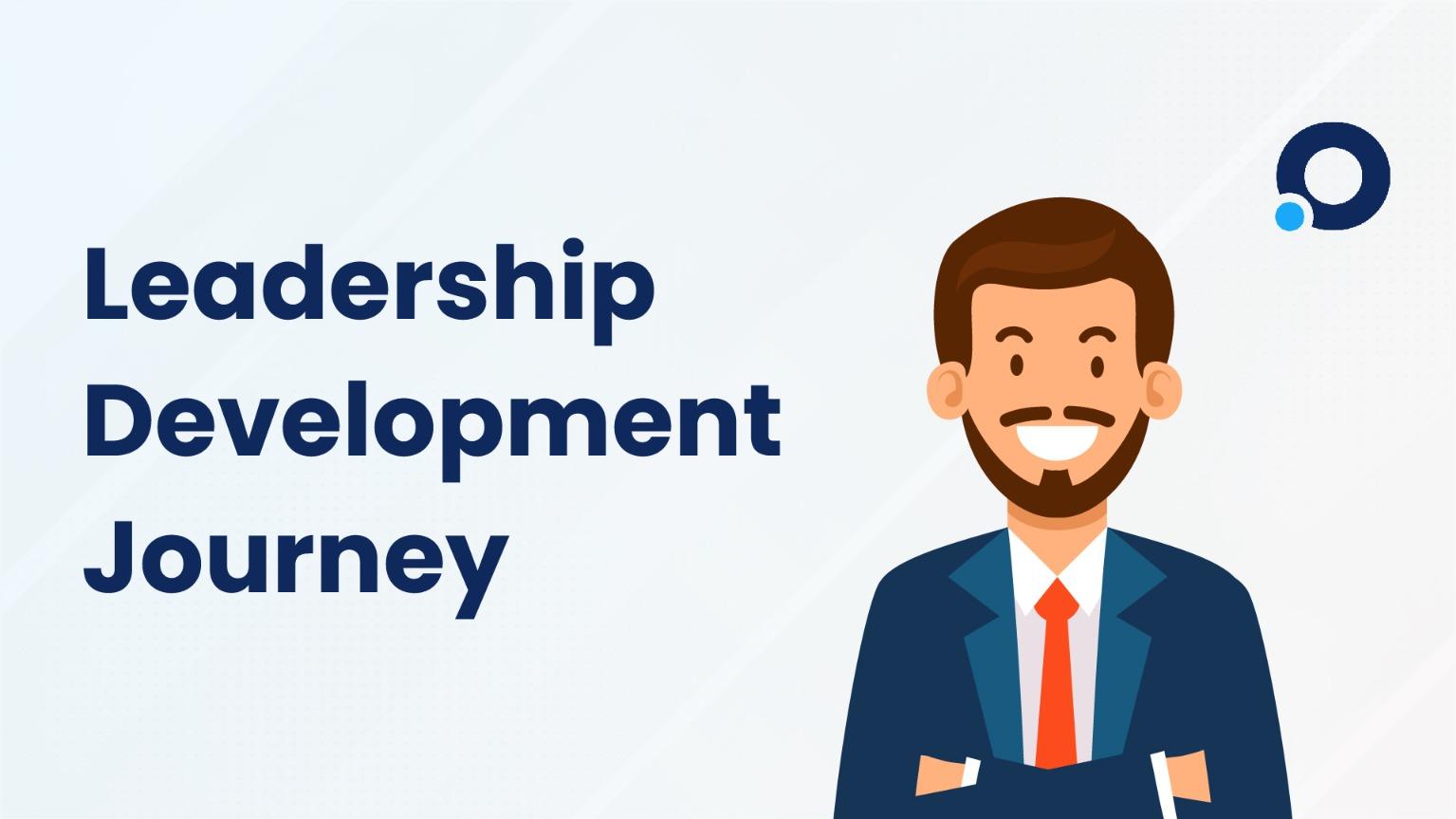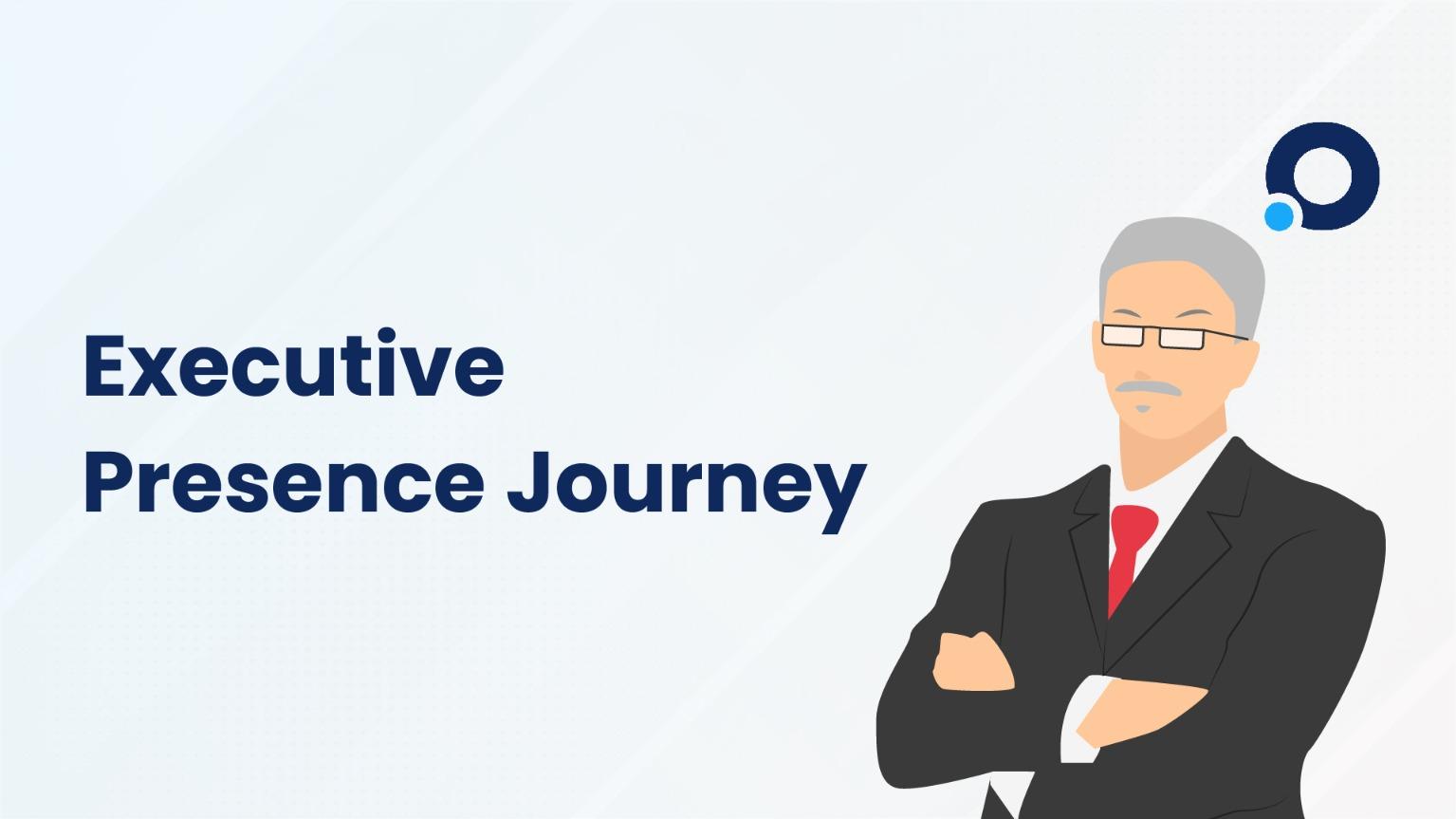If you’ve ever had the opportunity to work with a coaching firm, you would be aware of the several considerations to be made before choosing a coach either for a company or a personal engagement.
These checks provide a deeper understanding of coaching and how it can bring long-term benefits to an organization and its people. This is possible when we open our minds and hearts to coaches and engage with them beyond the professional realm.
Let’s understand the myths that exist in relation to engaging coaches and the alternate approaches that can be explored to fix them:
Myth 1 – Similar Industry The coach should have experience in the same or a similar industry. While this would certainly be helpful, the lack thereof is not a barrier. Due to the constant learning involved in the process, coaches are able to adapt to industry requirements, bringing comfort and confidence to the table.
Myth 2 – Relevant Work Experience The coach should have relevant work experience in business, strategy, finance, people management etc. While this ensures the product and industry vocabulary are in place, working with people from diverse backgrounds guarantees the coach carries richer and well-rounded experiences.
Myth 3 – Specific Age The coach should fall in a similar or higher age bracket compared to the trainee, ensuring a certain level of wisdom and experience that only comes with age. However, younger coaches can be equipped just as well and at times may even be more suitable for a coaching engagement, if one keeps an open mind.
If these are the myths, what are the best practices to respond to the needs of an organization and its leadership?Focus 3 – Knowledge You can benefit from your coach’s knowledge by understanding their story and choices regarding academic qualifications, employers and role models that impacted their life. By staying curious during your interaction, you can gain actionable insights from the coach in different areas of your professional & personal life.
Focus 2 – Experience By asking questions about their corporate experience, you can figure out the richness of exposure they have gained over the years. Generic questions like “Tell me about yourself” can be replaced with specific questions like “What has been the most transformative learning of your career so far?” and you shall be surprised to encounter their wisdom and knowledge.
Focus 1 – Presence Before we speak, we make our presence felt through our energy and aura. Look for subtle cues like dress sense, choice of words, voice modulation and body language that provide great insights and make your coach’s presence beyond spoken words felt.
Vivek Slaria is an Executive Coach and founder, Originbluy, a firm coaching CXOs in India.






